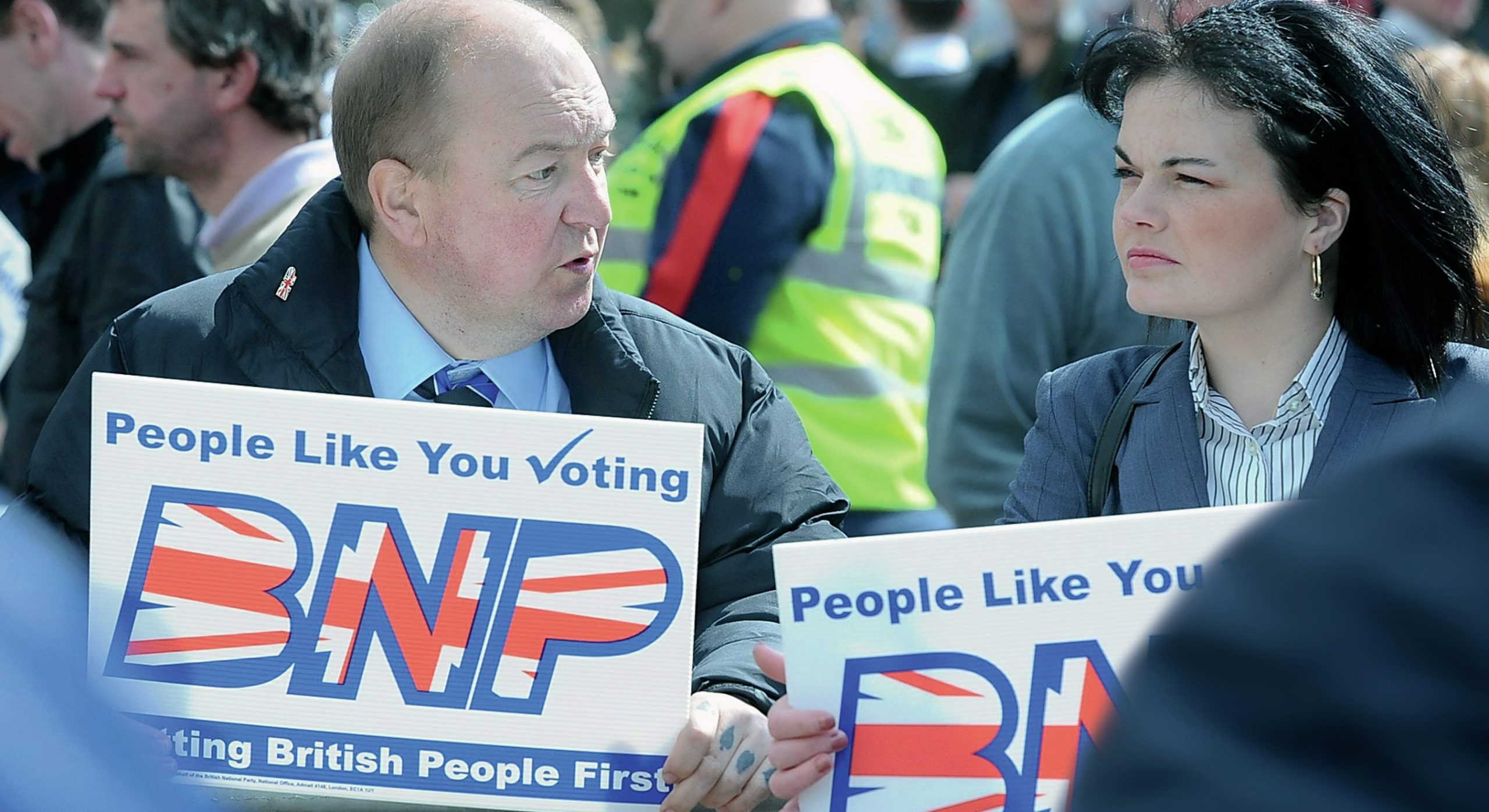
In this article, Matthew Goodwin addresses an important but often neglected area of British (more precisely, English) politics: who exactly are the supporters of rightwing political groups such as the British National Party? He looks at the success of some right-wing groups in other European countries, and then points out that there has been little research into the characteristics of British right-wing supporters. He gives a useful summary of his survey research, pointing out that a reluctance to admit to support for right-wing groups means that the proportion of respondents expressing such support is probably an underestimate of the whole. Matthew Goodwin provides interesting information on the social profile of right-wing supporters, pointing out that their generally precarious positions in the social hierarchy and the labour market would make them feel under particular threat from migrant groups. He also points out, however, that it would be a mistake to see right-wing supporters as engaging in single-issue politics, namely immigration, showing how they have a more general dissatisfaction with most government policies, particularly where the economy is concerned. He makes the point that new patterns of immigration, combined with the restrictions arising from Britain’s membership of the European Union, make it increasingly difficult for governments to develop coherent and plausible policies on this issue. This article raises important issues beyond those of patterns of political support and voting behaviour, and would benefit all students, whatever your choice of topics.
Far-right political parties enjoying some recent success in Europe include the National Front (FN) in France, the Freedom Party of Austria (FPÖ) and Flemish Interest (VB) in Belgium. In contrast to these countries, however, the extreme right in Britain has traditionally been much less successful. Neither the interwar British Union of Fascists (BUF) nor the postwar National Front (NF) achieved representation in elected decision-making bodies.
Your organisation does not have access to this article.
Sign up today to give your students the edge they need to achieve their best grades with subject expertise
Subscribe




